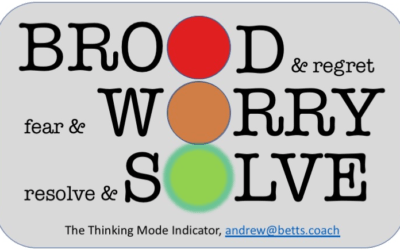I recently had a conversation with a Customer–Facing Engineer about what to do when a customer expects answers about topics outside of one’s area of expertise (I use the generic term, “Customer-Facing Engineer” – CFE – because this case is relevant to any engineer, whether their main role is customer support or not. In fact, this CFE was a Field Applications Engineer).
To find useful ways of coping with the dilemma of being in a position of technical authority but not having all the answers – a situation that is bound to arise– it’s no use looking for ways of increasing one’s knowledge. Rather, one should look at the problem from a leadership point of view. A CFE’s skillset must not only include good interpersonal communications and business acumen; it must also enable them to lead.
Here are a few key pointers from a leadership article in the Harvard Business Review, “Leading people when they know more than you do”:
- Resist the inclination to simply work harder in order to fill the gaps in your knowledge
- Focus on relationships
- Add value by enabling things to happen, not by doing the work
- Practice seeing the big picture, not mastering the details
- Rely on an “executive presence” to project confidence, not on having all the answers.
A CFE reading the above could be forgiven for saying, “That’s all very well for managers, but my customers want me to give them answers!”. Indeed, the CFE’s task is probably more difficult than that of a manager who is out of their depth. After all, the latter is managing a team of people who are expected to know more than he or she does, whereas a CFE is representing a company that’s promised to fix its customers’ problems.
If you are a CFE, remember that the qualities which enabled you to become a technical expert will help you to integrate leadership skills also. Your questioning, critical analysis and problem-solving abilities are major assets, for example. Having confidence in these abilities and being comfortable with the fact that your knowledge is finite will lead naturally to that infamous “executive presence“.
One of the classic career progression issues faced by engineers is the difficulty of letting goof technical mastery in order to move into management roles. The French have a great expression for this: “déformation professionnelle“. People who have spent years ensuring that every aspect of complex designs is understood and under control find it tougher than others to let go.
I therefore suggest that CFEs facing “out of my area of expertise” challenges treat them as opportunities to develop and demonstrate their leadership capabilities. The key to this is a change – or perhaps an extension – of the CFE’s image of their role to include being expert at not being the expert!



